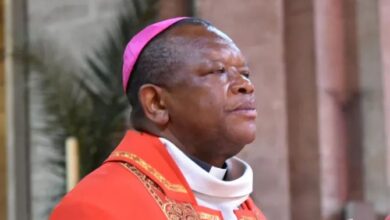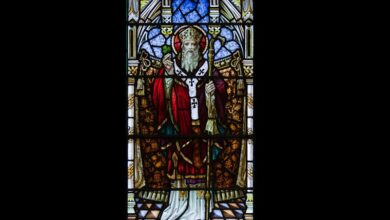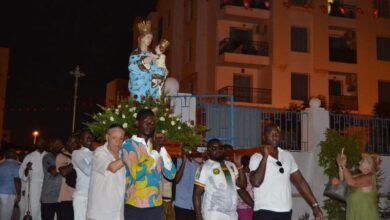Order of Argentine priests spreads the Gospel where the Church has not gone before
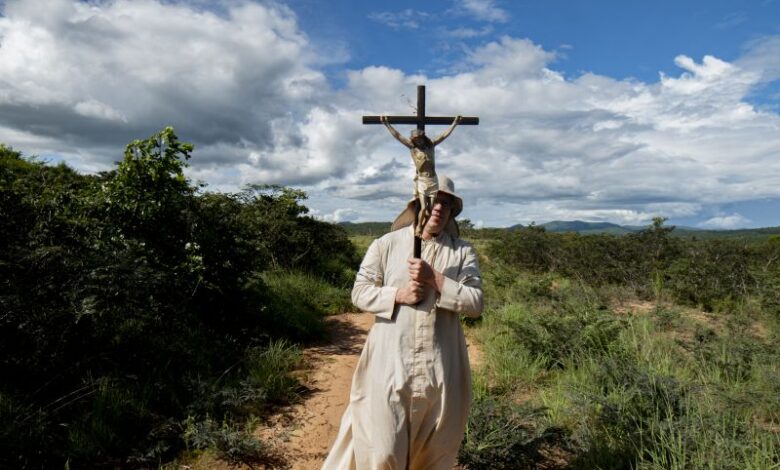
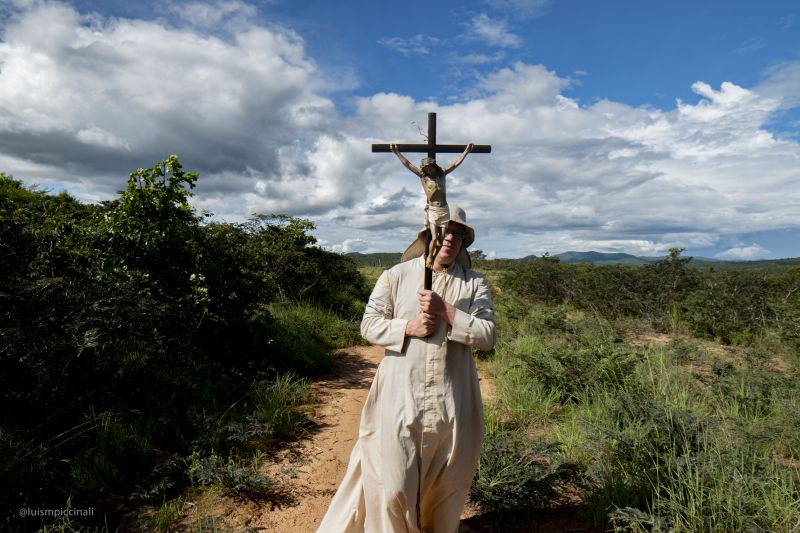 Father Federico Highton is one of two Argentine priests who in 2015 founded the Order of St. Elijah, whose motto is “Through my God I shall go over a wall,” which comes from Psalm 17. / Credit: Luis M. Piccinali
Father Federico Highton is one of two Argentine priests who in 2015 founded the Order of St. Elijah, whose motto is “Through my God I shall go over a wall,” which comes from Psalm 17. / Credit: Luis M. Piccinali Buenos Aires, Argentina, Feb 29, 2024 / 07:00 am (CNA).
From an undisclosed location in Southeast Asia out of fear of an atheistic government, the intrepid Father Federico Highton devotes his life to announcing the Gospel to all people, especially those living in places where the faith has vanished or never been established.
Highton and Father Javier Olivera Ravasi are two Argentine priests who in 2015 founded the Order of St. Elijah, whose motto is “Through my God I shall go over a wall,” which comes from Psalm 17.
The order is dedicated to cultural engagement and sending missionaries “ad gentes” (“to the nations”), in a reference to the Second Vatican Council’s decree that reaffirmed the call for missions and salvation in Christ and highlighted the link between evangelization and charity for the poor.
The order’s website states that its members seek out the lost and the “’immense multitudes who thirst for Christ,’” as cited in Pope Francis’ Evangelii Gaudium, “even when they do not know they are lost.” They go wherever the Catholic faith has vanished or not penetrated and have gone to Afghanistan, Yemen, Ivory Coast, Benin, Tibet, Laos, China, and India’s northeastern Sikkim region. A recently produced video captured Highton in Malawi.
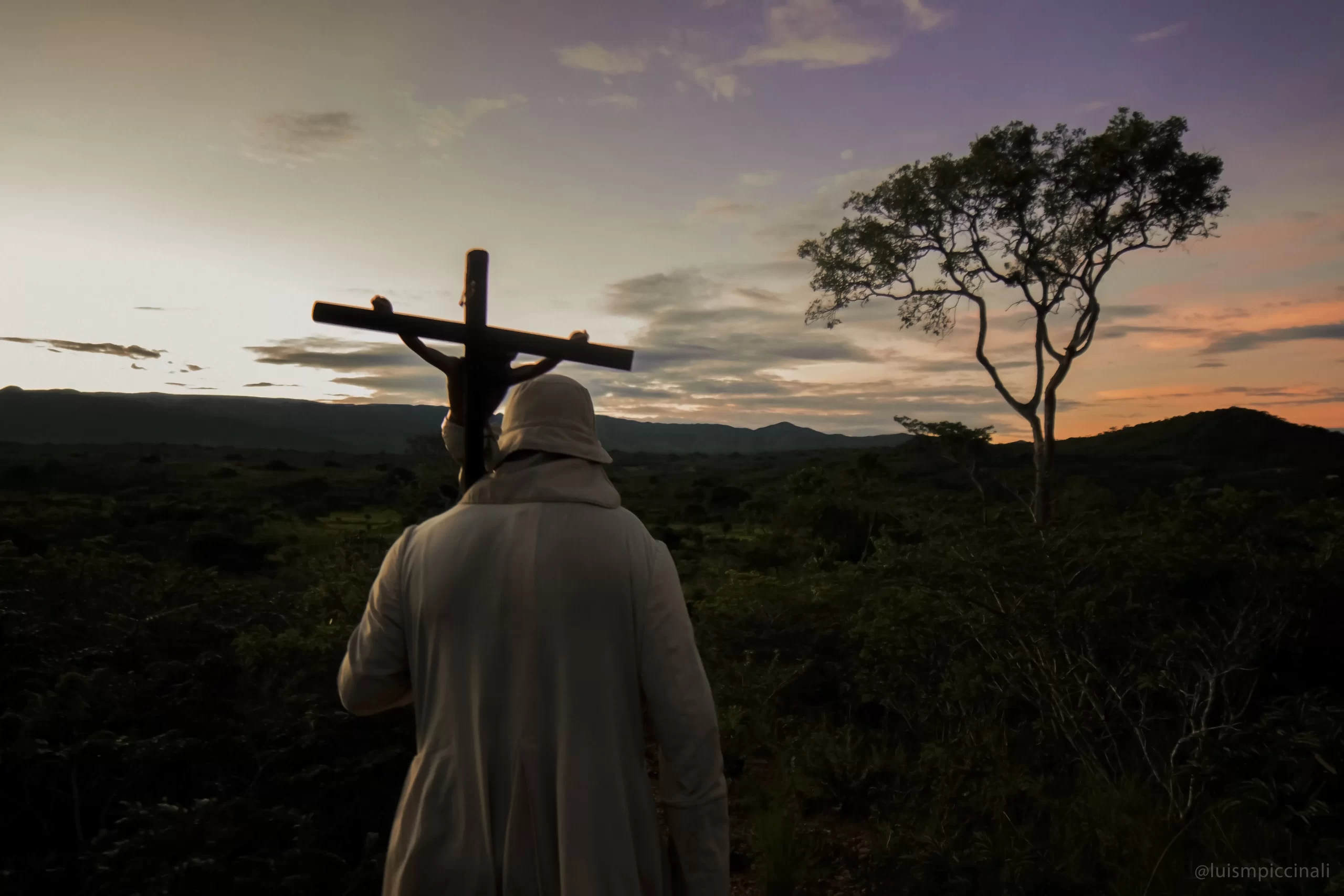
CNA asked Highton why he goes so far afield from his native Argentina, which has material and spiritual needs of its own.
“The Italian writer Vittorio Missori once said the Catholic religion is one of ‘and/and,’ not ‘or/or,’ which is to say it is mystical and ascetical. It seeks the salvation of souls everywhere, not just the slums of Buenos Aires but also in the Himalayan Mountains and deep in China,” Highton said. “The vocation of a missionary is to go anywhere ‘ad gentes,’ just as it is the vocation of Carthusian monks to pray and fast and for journalists to seek the truth.”
The order takes its name from the biblical prophet and saint Elijah, who is also known as Elias. The order’s website expresses admiration for “the heroic spirit of the holy prophet who, with his zeal and tireless preaching, was a fiery missionary. Just as the Carmelite fathers were inspired by him in their contemplative dimension, we seek here to inherit his missionary ‘parrhesia.’”
In April 2020, fellow Argentine Pope Francis delivered a homily on parrhesia, which is often translated as “boldness,” as found in Acts 4:13-21. The pontiff said of the apostles Peter and John, who faced the Sanhedrin in the Temple: “The gift of the Holy Spirit: frankness, courage, parrhesia, is a gift, a grace that the Holy Spirit gives to him on the day of Pentecost. Right after having received the Holy Spirit they went out to preach courageously, something new for them.”
Olivera Ravasi said that Pope Francis personally received members of the order and instructed them to evangelize in places where the faith had not been shared before while also providing necessary authorization for mission work.
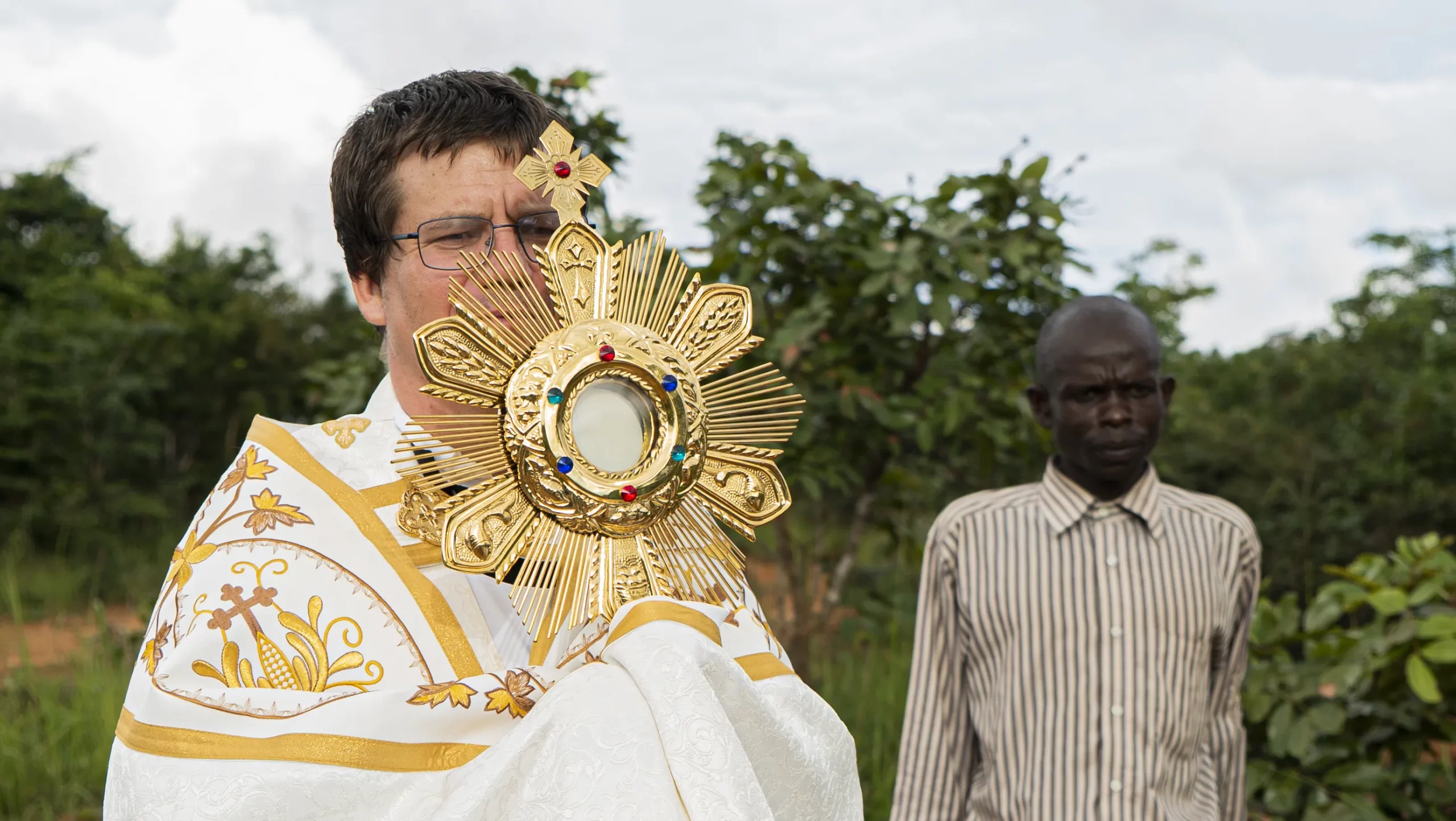
In addition to parrhesia, the Order of St. Elijah is founded on heroic commitment, fidelity to the divine “mystery” — the equality with which gentiles are to be treated (as mentioned in Ephesians) — and devotion to the Virgin Mary. Their intention is to preach the Catholic faith boldly and proclaim it “upon the housetops” (Mt 10:27) without fearing those “who kill the body but cannot kill the soul” (Mt 10:28).
“Like the martyrs, such as St. Blaise, we are called to parrhesia even though we are cut into pieces,” Highton said.
While he is across the world in Asia, his brother and co-founder of the order, Olivera Ravasi, remains in Argentina, where he leads the order’s “Catholic counter-revolution” with teaching and outreach to university students and young professionals.
A lawyer, theologian, blogger, and author who has produced numerous video conferences and interviews on YouTube, Olivera Ravasi told CNA that the Order of St. Elijah recently celebrated its eighth anniversary and is seeking to purchase a house in the heart of Buenos Aires to offer studios, a conference room, and a book store where young people can receive instruction in the faith and exposure to Catholic culture. The order also has a formation house for seminarians in Ecuador under the auspices of an archbishop.
While there are missionaries of other orders in Argentina, Highton said the Order of St. Elijah has its own charism and apostolic dynamism: “We go to the missions with just a backpack and without the bureaucratic apparatus of others. It’s as if we are missionary commandos. In the Church, there are the regular troops, but we are the commandos.”

Highton is accompanied on some of his missions by volunteers, seminarians, and laity from Argentina and elsewhere. In Argentina, there are several parishes served by priests associated with the order.
“It’s a great grace he has bestowed,” the priest said. “We are in contact with the bishops and religious, such as the Franciscans, in the countries we visit and cooperate with them. We worked with the Servant Sisters of the Word in Malawi and had great success, for instance. With them, we were able to start chapels where there had not been any.”
Referring to his work in India, which was initially evangelized in apostolic times by St. Thomas and has continued to have a Christian presence, Highton said: “Those were the days of splendid evangelization that were followed by years of lesser splendor. We are being called to another boom in missionary work ‘ad gentes.’ Today, unfortunately, the calls by the popes to evangelization have not been heeded. In much of the world, missionary work is nearly dead. In the 20th century, all of the popes tell us that evangelizing ad gentes is urgent. While the Protestants are advancing successfully in pagan lands, in many places there is no Catholic activity.”
Among his models in the priesthood, Highton mentioned priest/author Leonardo Castellani (1899–1981), who remains influential in the Spanish-speaking world.
“I started reading Castellani as a layman and then in seminary. His example is in my blood and in my soul,” he said.
What he learned, he said, is that all believers “are called to evangelize and each of us has a function in the body of Christ to save souls and save their own souls.”
“My greatest challenge would be to evangelize Muslims in Muslim lands,” he continued.
Highton has been jailed in the past for his missionary activity, hassled by pagan shamans, and has suffered several bouts of malaria. He often travels alone or sometimes with dedicated guides.
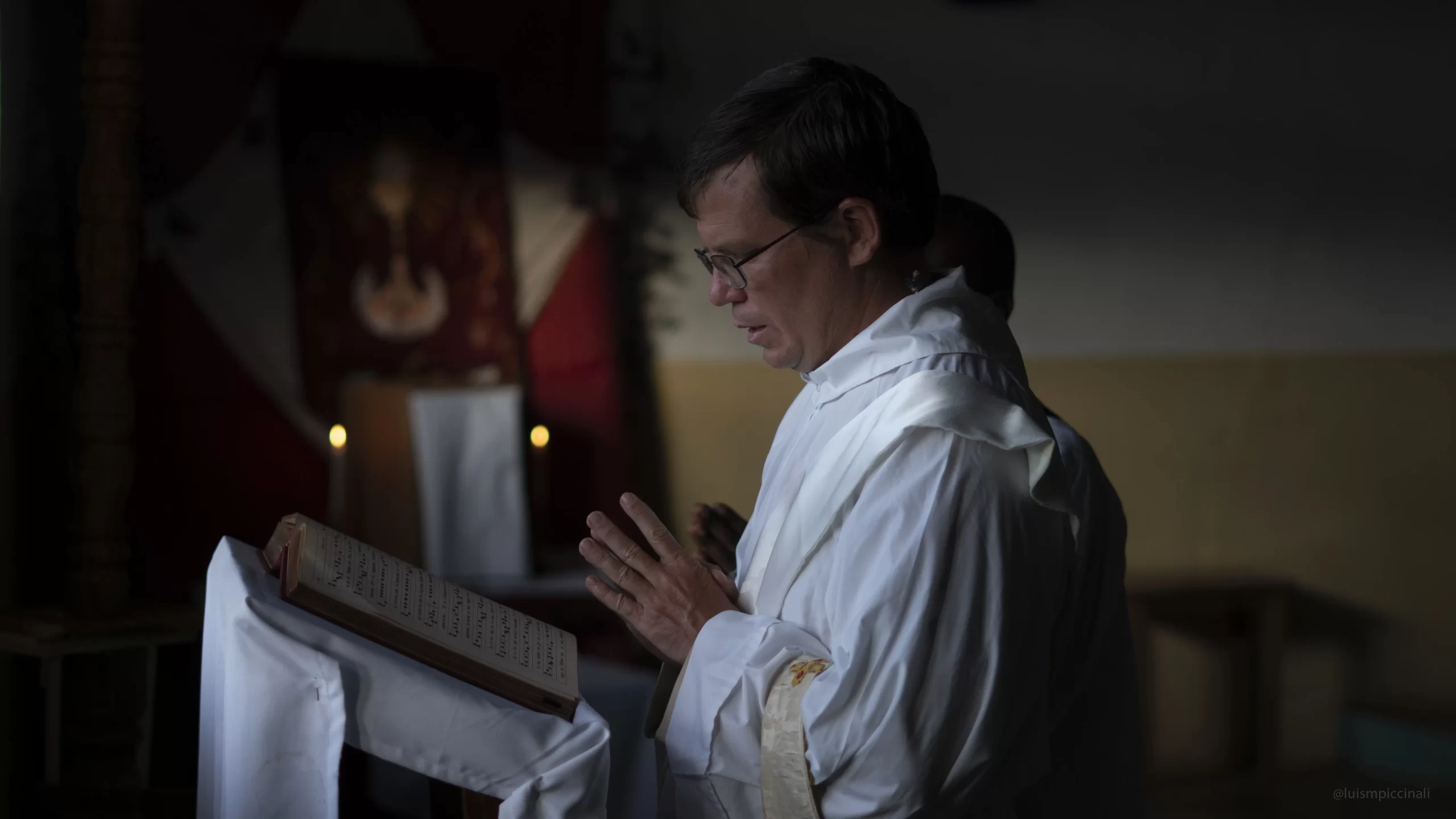
Highton was asked if he has witnessed diabolic resistance to his mission.
“In the first place, diabolical resistance affects everyone through temptation. The devil manifests himself by tempting me. Through confession, to the glory of God, I confess my sins and temptations,” he said.
In Africa, he witnessed diabolical manifestations and possessions. “There was one terrifying case I witnessed, where a bishop gave me authority as an exorcist. It was a girl who would spontaneously strip herself naked at school and go into a trance. Ashamed, her parents stopped sending her to school. But ultimately, the Lord liberated her,” he recalled.
He said that he prepares each day with the Divine Office and fasting, followed by celebrating holy Mass before going out. He and his companions evangelize in the morning and evening while adhering to a rule of prayer and the rosary. There are currently nine priests in the order, and six seminarians are poised to join. They are asking for prayers and donations so they can continue their work.
“The Church doesn’t want the world to trust in her if the price of this trust is for the world to deny God,” Highton said. “The Church doesn’t want the trust of the powerful at the price of renouncing the Word. If the Church ceases to be missionary, it loses its reason for being: The trust of potentates in a non-missionary Church is trust in a prostitute, not a trust in holy mother Church.”


